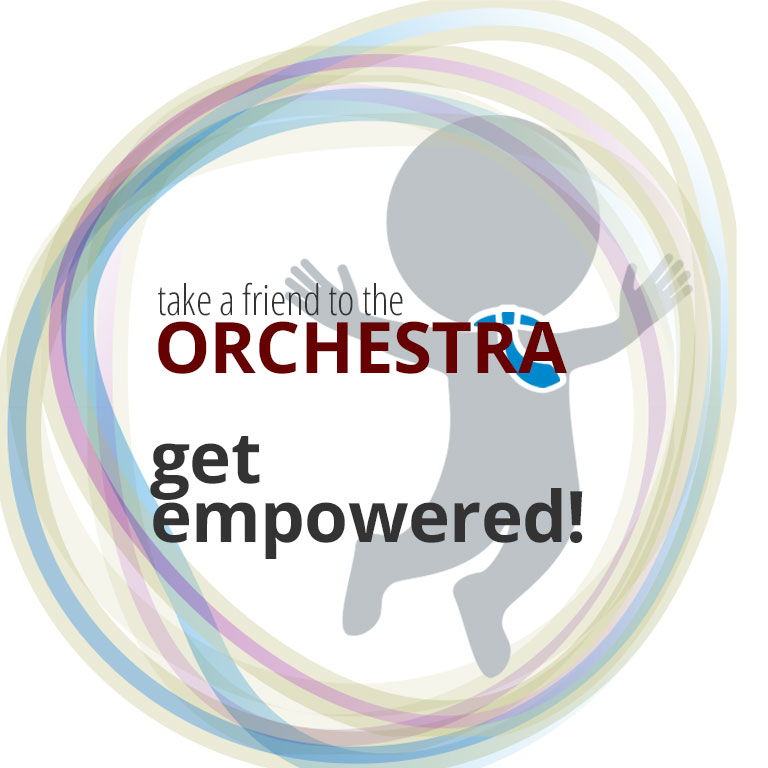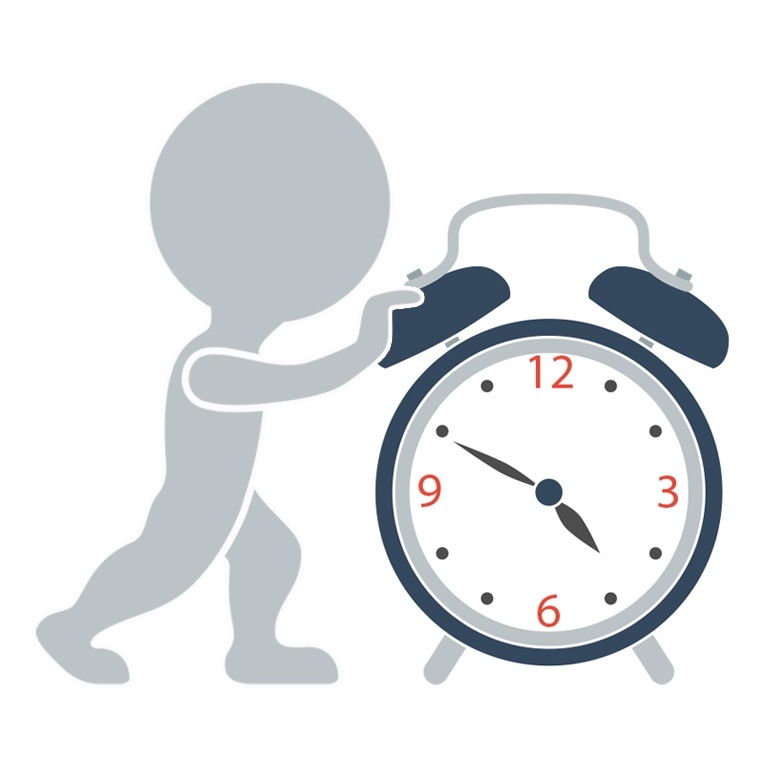Patricia Emerson Mitchell is the principal oboe for Opera San Jose and second oboe for both Ballet San Jose Silicon Valley and Symphony Silicon Valley. In addition to being a professional musician, Patricia is also one of the few musicians who have entered the world of music blogging in its early formation.
Her weblog, Oboeinsight (clever name, huh?), is a popular hub for oboe related material, conversations on classical music, and is a focal point for cultural activity in the San Jose area. Patricia’s contribution focuses on some of the real nuts-and-bolts aspects of taking a friend to the orchestra.
Patricia is also known for her sharp wit and sense of humor, which run rampant through her weblog.
I’m a professional musician, so I’ve not had the opportunity to
invite friends to a concert and sit with them. If I could be an
audience member I think I’d make a night of the event; beginning at my
house, I’d play a few snippets of the pieces … the parts I like best
and explain just why. We’d enjoy a leisurely dinner at the restaurant
right across the street from our newly refurbished hall. We’d get to
the hall a bit early so we can first check out the fabulous restoration
and then hear the pre-concert talk. Oh … and I’d choose a concert
that wasn’t too long and wasn’t too difficult for a first timer.
If they are total newbies I’d talk about the traditions of a concert
(and probably tell them what I think should stay and what should be
tossed out), and I’d give them some information about the conductor,
the orchestra, the soloist (if any), and the pieces on the program.
After, I’d love to return to the restaurant for a nice dessert and lots
of talk about both the concert and life in general. In other words, I’d
make it an event. Something that they’d remember.
So what do I do when I invite people and then leave them alone to their experience?
Prior to the concert I talk about what we’re going to be playing. I
fill the friends in on what my part is like (since, of course, I’m
egocentric that way!), and I even let them know if I’m a bit stressed
about my solos; I think so many in an audience haven’t a clue that some
of us, even after thirty years on stage, get a case of the nerves. I
love to tell people about the reed making process, and that my motto
has always been "Learn to make great reeds or learn to play well on bad
reeds!" (I choose the latter most of the time, as reed making is surely
not my forte.) I fill them in on little tidbits that will help them
feel connected to different musicians on the stage.
There are some married couples up there. There are some with young
children and some with grandchildren. Some are hikers and some are
photographers. Once an audience member feels that he or she knows the
musicians, there is something that connects the listeners to the
players. Audience members love our funny stories (and I have a bunch).
I do have to exercise caution; if a story runs into gossip I have to
nix that type of anecdote, but there are so many great stories that
make a person feel a bit more "in the know."
When we are done with a concert I often talk to my friends about
what I felt about the concert. I’m not going to burst their bubble
entirely if they thought we were absolutely flawless and I thought the
performance horrendous, but I do let them know (sometimes!) if some
things I did were a disappointment to me. If they had difficulty with
the concert we talk about that as well. I don’t try to change anyone’s
mind, but I try to explain why a particular work moves me in some way.
Recently I’ve invited some high school students to an opera
production open dress rehearsal. During intermission I stick around in
the pit so I can talk to them. I ask them what they think … and they
are encouraged to be honest! Sometimes they are bored, but they still
seem to enjoy the experience because they know at least one musician
performing. So knowing someone takes a bit of the invisible wall down.
I remember going to an elementary school a few days prior to a young
audience concert I was to be playing. I asked the third grade students
how many times they had attended a symphony concert. No one raised a
hand. I then asked if they liked to watch cartoons. All hands were
raised. Then I proceeded to explain that that had heard plenty of the
music I play … they just didn’t know it.
After that I showed them my oboe and asked if they knew what it
sounded like. Of course not! I crowed the reed (such a bizarre sound
for the first time listener), blew air through the oboe (sans reed so
all one heard was air) and said "Hmmm. I wonder how I can get anything
to sound good with this thing." They laughed. I then played some music
and their eyes lit up. I had won them over (the reed crow usually does
it). When they came to the concert they located me on stage and they
all waved. I waved back. We have often been told not to wave; that it
looks unprofessional. I disagree. I think the sooner we knock down that
particular wall, the better! The students had a wonderful time; my
colleagues and I had made a connection that helped them be open to a
new experience.
It’s much the same with any new adult audience members; they like
connections. Just as many people like to hear about the daily lives of
various sports players, authors, and stars that we are interested in,
they like to know about orchestra members if they are going to a
concert. Mostly, I like them to understand that we are "just folks".
What we do, we do well (I hope!), but we aren’t elevated beings. We
still like to go home and have a good glass of wine, or a cold beer or,
in my case much of the time, a bowl of Cheerios.
And I wave to the people I invite.
– Patricia Emerson Mitchell


